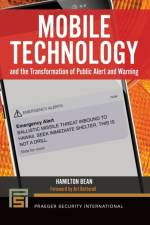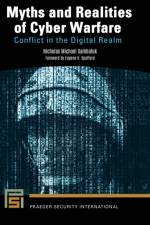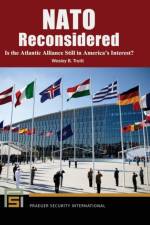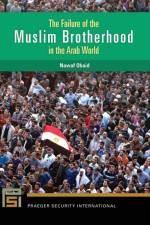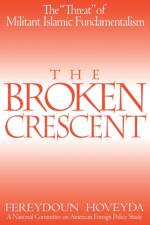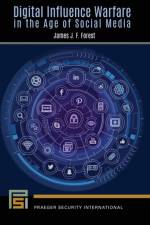von Brian K. Simpkins & Ryan K. Baggett
108,00 €
Since the first edition of this book was published in 2009, significant changes have occurred in the security landscape, both domestically and internationally. This second edition is thoroughly updated to reflect those changes, offering a complete review of the various security and resilience measures currently in place and potential strategies to safeguard life and property within the U.S. homeland. As noted in the U.S. Department of Homeland Security's National Preparedness Goal, the mission area of protection is vital to the homeland in its focus on actions to protect people, vital interests, and our nation's way of life. With that in mind, this book discusses strategies such as risk analysis and assessment, information sharing, and continuity planning. The authors focus on relevant and timely threats and hazards facing specific infrastructure components including, but not limited to, agriculture and food, banking and finance, water, energy, telecommunications, and transportation. The dynamic posture of critical infrastructure security and resilience (CISR) underscores the importance of an integrated, layered all-hazards approach. In describing this approach, the book includes new chapters on planning and guidance, public and private partnerships, cyber issues and threats, and careers in infrastructure protection. Additions such as discussion questions, learning objectives, and fundamental concepts for each chapter provide additional direction for instructors and students alike.







